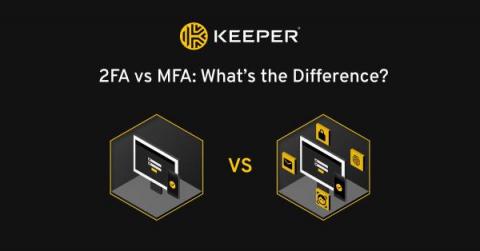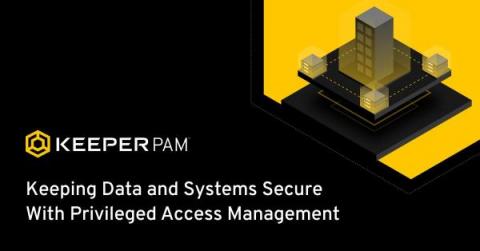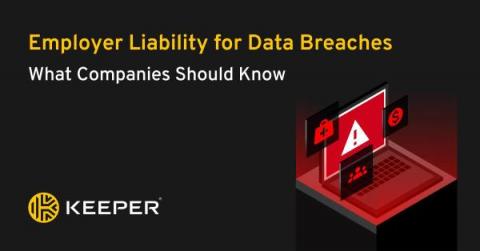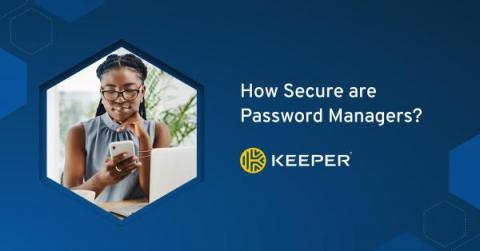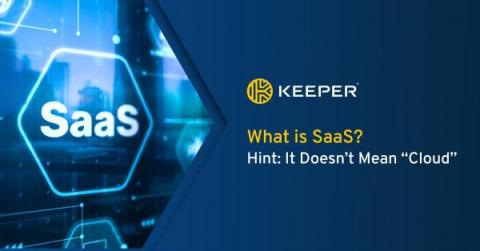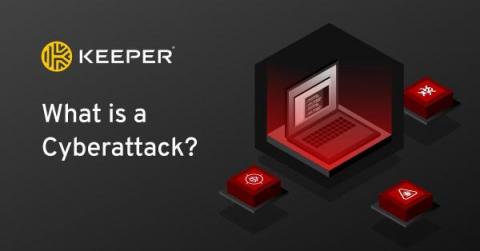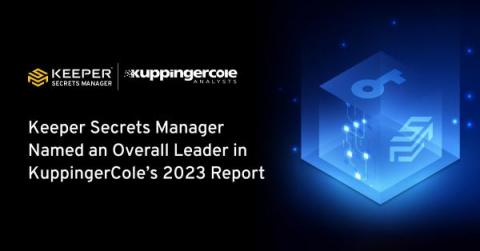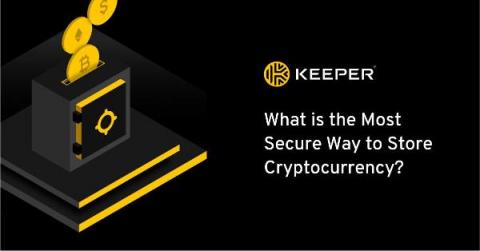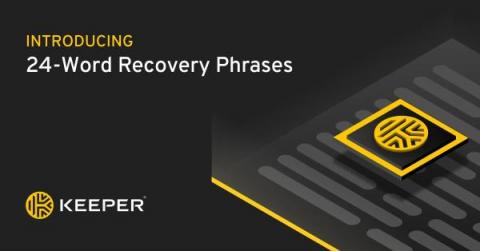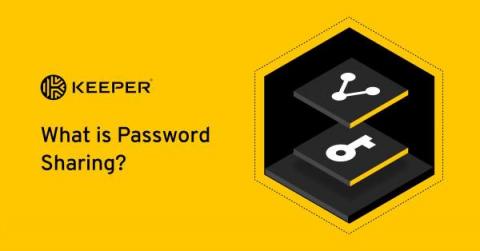2FA vs MFA: What's the Difference?
The main difference between 2FA and MFA is that 2FA requires you to use one authentication method in addition to your username and password, whereas MFA requires one or more additional authentication methods to your username and password. Read on to learn more about 2FA and MFA, and how they differ from one another.


